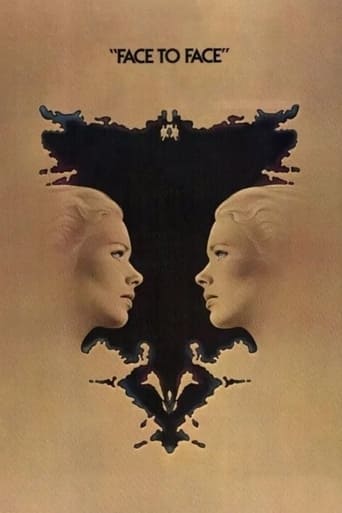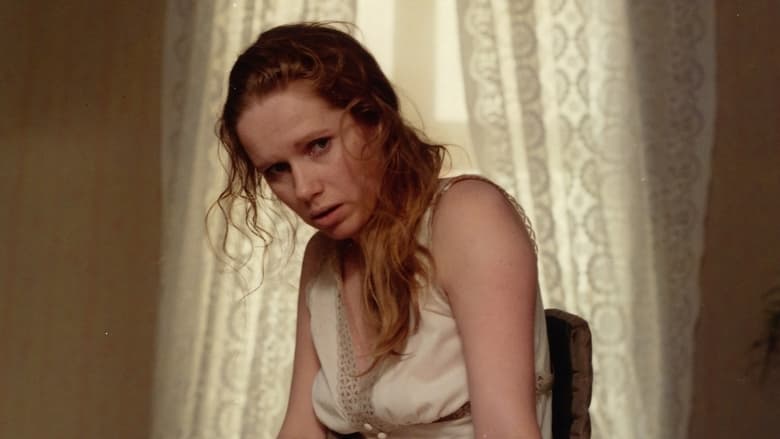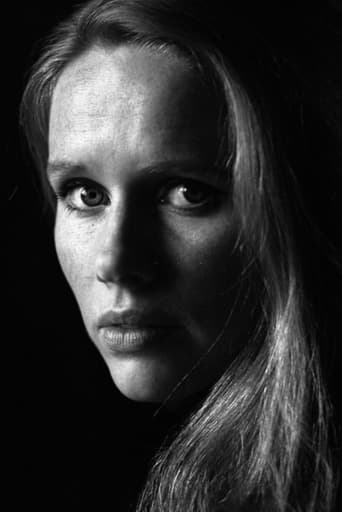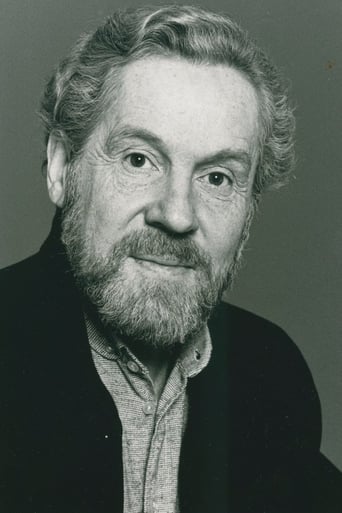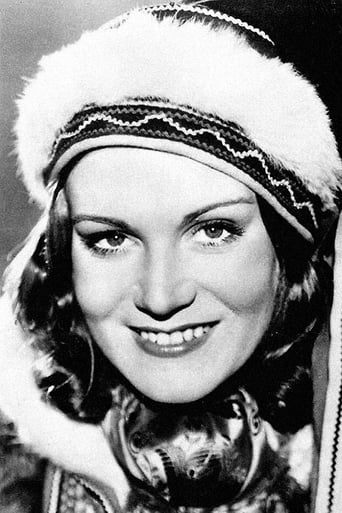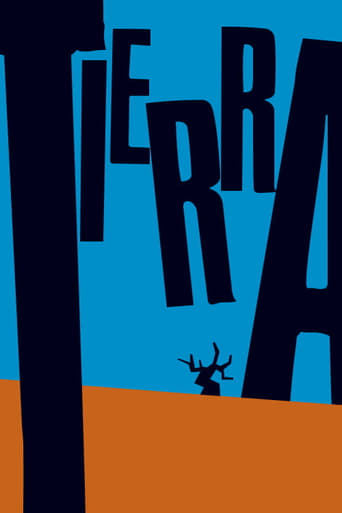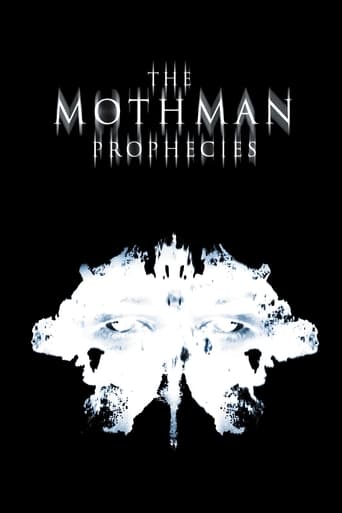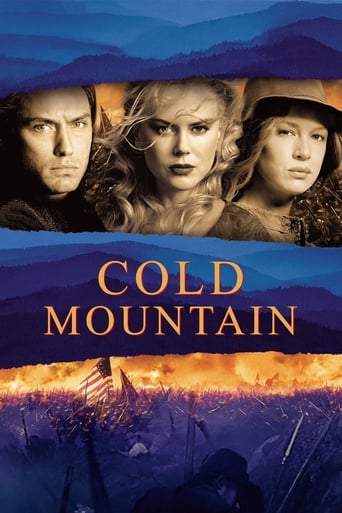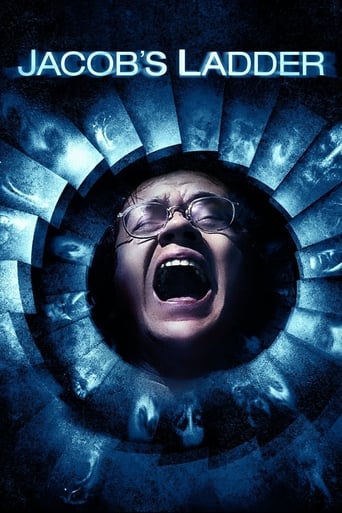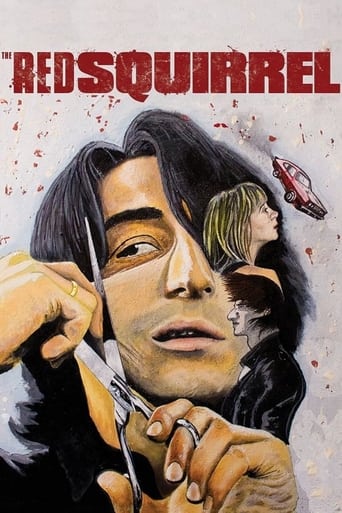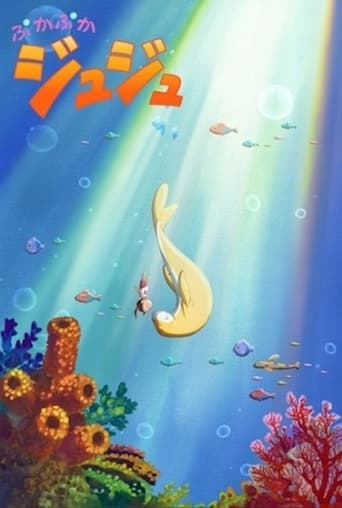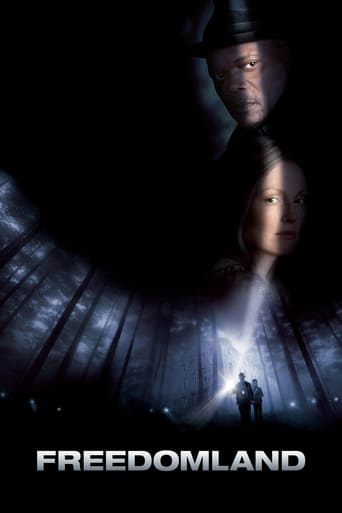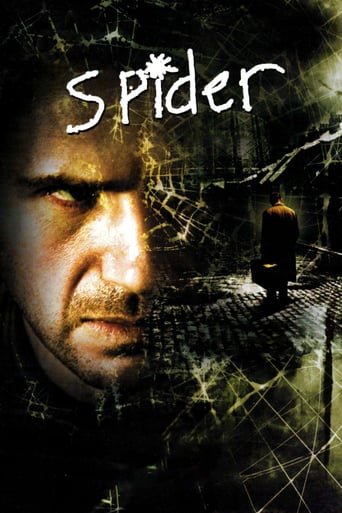Face to Face (1976)
Dr. Jenny Isaksson is a psychiatrist whose temporary position at a mental hospital offers only modest responsibilities. With her husband out of the country for a seminar and her daughter at camp, Jenny moves in with her grandparents, expecting a relaxing few months. But it isn't long before unpleasant memories of her childhood, the sudden appearance of strange apparitions, and a near-rape push this otherwise stable woman to the very edge of sanity.
Watch Trailer
Free Trial Channels
Cast


Similar titles
Reviews
Strong and Moving!
SERIOUSLY. This is what the crap Hollywood still puts out?
Great movie. Not sure what people expected but I found it highly entertaining.
Let me be very fair here, this is not the best movie in my opinion. But, this movie is fun, it has purpose and is very enjoyable to watch.
I love and greatly admire Ingmar Bergman, Sweden's greatest director by default, and his films. Face to Face is not one of his very best, but of a generally highly impressive resume it is up there as one of the better ones. Sven Nykvist's cinematography is both gorgeous and atmospheric, and the nightmarish dream sequences are really striking. The dialogue as you would except from a Bergman film really makes you think, Bergman's direction is superb and the story is dark, harrowing and hugely personal. Erland Josephson provides an ideal counter-point to Liv Ullman. Bergman regular Gunnar Bjornstrand's role is very short but he does leave an impression. The best asset of Face to Face is easily the extraordinary performance of Liv Ullman, I have yet to see a bad performance from her and this for me was one of her best ever, enormously intense, very commanding and her eyes are as expressive as they ever were. She is especially good in the telling of the attempted rape, which had so many complex emotions, all of them nailed. In conclusion, Face to Face is one of Bergman's better films, if not one of the finest among the likes of The Seventh Seal and Fanny and Alexander, lifted by Ullman's performance. 10/10 Bethany Cox
Dr. Jenny Isaakson (Liv Ullman) is a Swedish psychiatrist who specializes in treating the mentally ill. But Jenny finds her own sanity in question, as she starts to fall into a midlife depression. After a failed suicide attempt, Jenny has hallucinatory dreams where she is haunted by her psyche (her deceased parents, her loving grandparents, her patients, etc.) It's left in question whether or not she fully recovers from this. Ullman gives a powerful performance in a serious drama about mental illness. Bergman directs well, with long takes and occasional split-screen imagery. But this isn't a feel-good movie that you want to see more than once.
Swedish screenwriter, playwright, producer and director Ingmar Bergman's 37th feature film which he wrote, premiered in USA and was screened Out of competition at the 29th Cannes International Film Festival in 1976. It was shot on locations in Stockholm, Sweden and is a Swedish production which was produced by Swedish production manager and film producer Lars-Owe Carlberg (1923-1988). It tells the story about Jenny Isaksson, a psychiatrist who moves in with her grandparents in the locality of Bollnäs, Sweden after getting a temporary job as a psychiatrist at a psychiatric clinic. While her husband Erik is at a conference in Chicago and her 14-year-old daughter Anna on a horse camp, Jenny goes to a party held by her colleague Hermuth Wankel's wife Elisabeth. There she meets a doctor named Tomas Jacobi who turns out to be her patient Maria's half-brother. Jenny and Tomas starts seeing one another and becomes friends, but all of the sudden Jenny begins to have nightmares that lead her into a trauma.Distinctly and acutely directed by Swedish filmmaker Ingmar Bergman, this finely paced fictional tale which is narrated from the main character's point of view, draws a pervasive and involving portrayal of a woman's relationship with a doctor and her struggle with coming to terms with her childhood and maintaining her sanity while being tormented by unsettling dreams. While notable for it's colorful and interior milieu depictions, stellar production design by Swedish production designer Anne Terselius-Hagegård and film producer Peter Kropénin, cinematography by cinematographer Sven Nykvist, editing by Swedish film editor Siv Lundgren, use of sound, use of colors and the music by Estonian-born Swedish concert pianist Käbi Laretei, this character-driven, narrative-driven, existentialistic and at times severe story about an emotionally scarred mother and wife who goes face to face with herself, depicts a multifaceted study of character.This at times atmospheric, somewhat surreal and in-depth psychological chamber drama from the latter part of Ingmar Bergman's career, is impelled and reinforced by it's cogent narrative structure, interrelating stories, substantial character development, the versatile and dedicated acting performance by Norwegian actress Liv Ullmann who gained her second Academy Award nomination for this role, the subtle acting performance by Swedish writer and actor Erland Josephson (1923-2012) and the fine supporting acting performances by Swedish actress Sif Ruud (1916-2011) and Swedish actress Aino Taube (1912-1990). A scrutinizing and afflicting modernist character piece which gained, among other awards, the NYFCC Award for Best Actress Liv Ullmann at the 42nd New York Film Critics Circle Awards in 1977, the NBR Award for Best Actress Liv Ullmann and Best Foreign Film at the 49th National Board of Review Awards in 1977 and the Golden Globe Award for Best Foreign Language Film at the 34th Golden Globe Awards in 1976.
In 1976 Ingmar Bergman released a 200 minute four part TV series starring Liv Ullmann and Erland Josephson. The Swedish director then edited the series for a 136 minute theatrical release, which is the version of Face to Face most people have seen. The movie shows the gradual nervous breakdown of Jenny (Ullmann), a psychiatrist currently living with her grandparents while her husband, also a psychiatrist, is lecturing in Chicago.Jenny's return to her grandparents' house should be a happy event. She grew up there after the death of her parents, and her grandmother receives her with affection. But a meeting with a spectral one-eyed old woman on the staircase alerts the viewer to the fact that something is worrying Jenny's mind. Whether real or a figment of her imagination, this figure becomes a recurring presence in her life.At a party, Jenny meets Dr. Tomas Jacobi (Josephson). He's interested in her, she's hesitant but maybe her loneliness draws her to him. They have dinner and then drive to his place, only for Jenny to lash out against his intentions.Later Jenny receives a call from a patient, who went to her former house hoping to find her there. Jenny finds her curled up in a corner and two men, apparently relatives, who attempt to rape her. With apparitions walking before her eyes and no one to lend support, Jenny takes an overdose of pills and peacefully waits for death.In Face to Face reality and dreams dissolve into each other. Jenny's suicide attempt allows Bergman to create a dream space where Jenny battles traumatic memories and confronts the people who've shaped her identity over life. The dreams are one of the film's best elements. Without special effects, without exuberant imagery, firmly grounded on her day-to-day reality, Jenny's dreams are however unsettling and claustrophobic. In one of my favourite dreams, Jenny meets all her patients in a little room in her grandparents' apartment; Tomas, standing against a wall, smugly smiles and a patient peels her facial skin.The role of Jenny is so demanding and complex that only a great actress like Liv Ullmann could do it justice. Face to Face is an amazing character study and she carries it on her shoulders. We quickly lose track of all the great scenes she shines in. In one of the most intense, she tells Tomas she was raped and proceeds to break down in a cry of pain. In a later scene she pretends to be her own grandmother and re-enacts a dialogue that may be from her childhood or just a fantasy.Erland Josephson doesn't have such an ostentatious role, but the serene personality he portrays is the perfect counterpoint to Ullmann's expansive performance. Also of note is the short performance of Gunnar Björnstrand (known for playing Jöns in The Seventh Seal) as the grandfather.Although the movie deals with a mental collapse it's far less hysterical than one would imagine. Bergman knows how to make stories intimate and low key. A good decision was to get rid of the music. Then there is Sven Nykvist's work on the cinematography, suffusing the world of the movie, where the sun seldom shines, with shadows and washed-out colours. Like in Cries and Whispers and Fanny and Alexander, he complements the movie with mood and atmosphere.Face to Face is not an optimistic movie, although it's life affirming in a very stoic way. Life is hell and we have to go on seems to be its message. Life offers no resolution or compensation. Near the end, Jenny admits the suicide attempt to her daughter. In someone else's hands it would have been an emotional moment of closure for Jenny. But Bergman turns it into a final blow for Jenny to take. And from blow to blow life continues. Life must continue because, as bad as it may get, the alternative is much worse.Ingmar Bergman later in life expressed dissatisfaction with this film. For him it seemed like a parody of his own work. It's his opinion of course. But for me it's one of his most interesting movies. I've always been fond of his rare incursions into fantasy and dreams, like The Seventh Seal and The Hour of the Wolf. Although better known for his realistic portraits of the human condition, Face to Face shows that he's also an unsung master of fantasy and strangeness.

